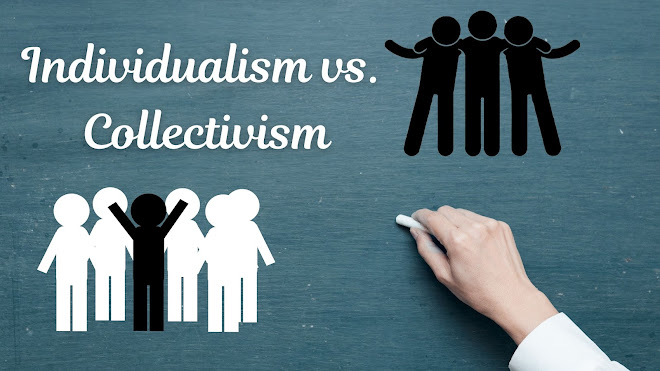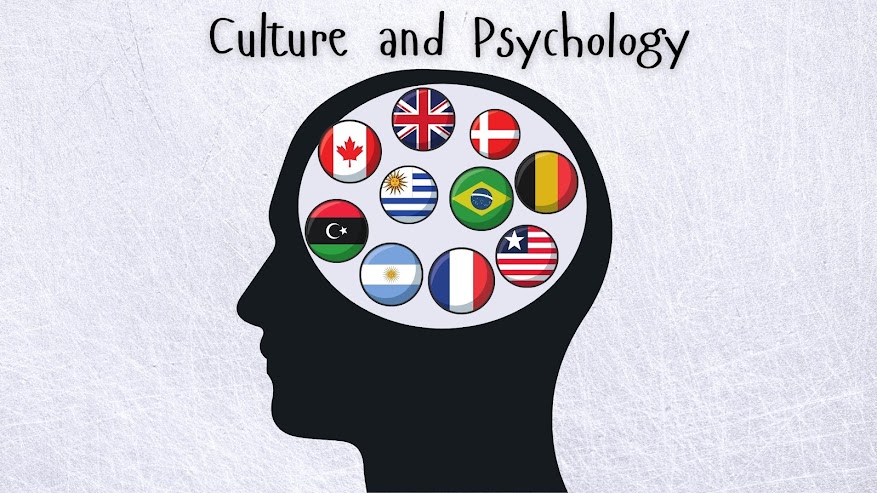Attributional Tendencies
For nineteen years, I lived with a person who always blamed others for bad things in her life, including me. For all this time, this attitude of blaming others didn’t make sense to me. On the other hand, I easily blamed myself for bad things happening to me. This seems too drastic on both sides. Finally, I found a way to balance the blame when I learned about the agency. Does the blame always have to belong to someone or some consequences are beyond our capacities?
Thinking about learning a language, the agency is part of it too. Choosing to do the homework, choosing to study a little more, choosing to participate in an extra activity, choosing to make a fun activity for students, choosing to improve the classes, and so on. The choices have consequences, sometimes good, sometimes bad, and sometimes both. Some choices can be influenced by others, some choices we take alone, and sometimes we suffer the consequences of the choices of others.
Sometimes I heard people say they didn’t learn English because of the teacher or the method. It is understandable that we adapt better with specific methods, but is it so fair to blame the teacher? Sometimes I heard people say that English is not for them, they tried to learn but they didn’t have time to dedicate themselves, the teacher was great, the classes were amazing but they failed, they said it was their fault. These situations can happen in a TESOL class more often than we think. Cultural attributional tendencies can interfere in a process of learning a new language, and the result of success or failure can be attributed to yourself or others.
During this process, the students will face successes and failures, how the students respond to it can help the teacher to evaluate ways to help students to keep moving forward and don’t give up. Teachers and students work together, putting the blame aside, overcoming cultural attributional tendencies, and recognizing what both sides can do better. Blaming is not the best way to solve a situation, each situation is particular so analyzing details can help to do better next time.
Learning a new language is a partnership, and attributing tendencies in this process
can break the bridge between who is
receiving the knowledge and who is sharing the knowledge.





Comments
Post a Comment